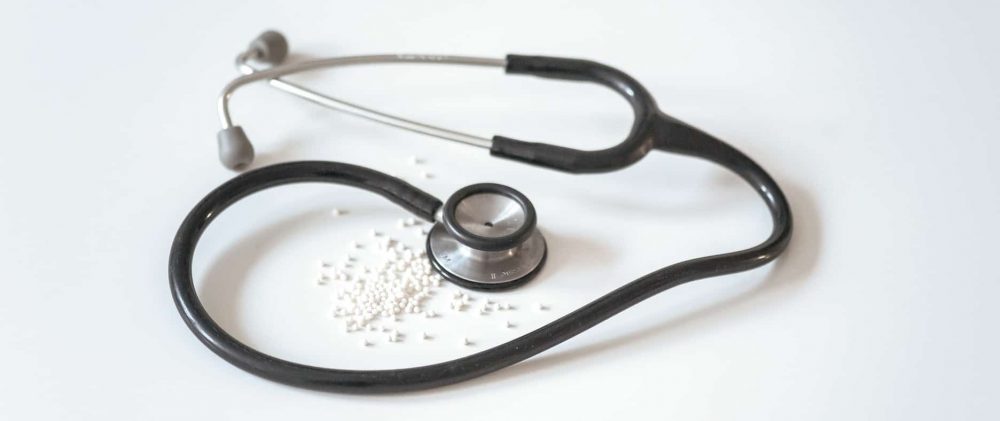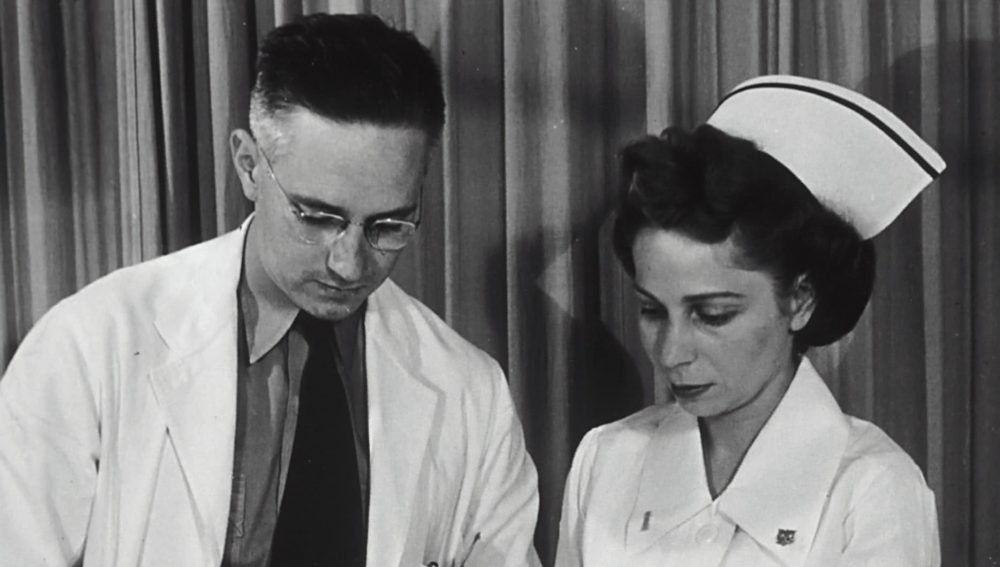Victoria Tzortziou Brown – GP and researcher, Institute of Population Health Sciences, Barts and The London School of Medicine and Dentistry, Queen Mary University of London
Simon Gregory – GP, Northampton, Deputy Medical Director, Primary and Integrated Care, Health Education England, Norwich Medical School, Anglia Ruskin University Medical School and Homerton College, Cambridge
Denis Pereira Gray – Consultant, St Leonard’s Research Practice, Exeter; Emeritus Professor of General Practice, University of Exeter; Former Chair and President, RCGP
The COVID 19 pandemic has resulted in a dramatic shift from face- to-face to remote consulting within general practice. There have been some important gains in terms of travelling for patients and flexible working for general practice teams. However, there have been losses too. Urgent GP cancer referrals were estimated to be at 42% in April this year compared with the year before.
Digital first approaches now widespread, can paradoxically increase overall GP workload and a recent study warns of extra GP work by up to a third.1 Vigilance and open minds are needed.
As we move forward and whilst preparing for a busy winter, it is timely to decide which changes should be kept and under what conditions. Research has illuminated the considerable value of the human side of general practice. Over 20 years ago we learned that longer consultations and the patient knowing the GP are significantly associated with enablement – an important outcome of GP care. GPs are not interchangeable.
Longer consultations and the patient knowing the GP are significantly associated with enablement.
Two recent systematic reviews show that continuity of care with doctors, including within primary care, is associated with reduced mortality in patients.2,3 In addition, GP continuity achieves significantly fewer hospital admissions and lower costs across whole health care systems.4,5
Continuity of care with doctors… is associated with reduced mortality in patients.
In other systematic reviews GP empathy was associated with patient satisfaction, and a sense of security for patients, fewer physical complications in diabetes, and reduced all-cause mortality.6,7 Such is the remarkable power of personal care: kindness in the consultation counts.
However, these studies were based, pre-Covid, on face-to-face GP consultations, which are now much reduced. Moreover, there is research evidence that GPs are significantly less effective when consulting on the telephone or when triaging requests from patients for new consultations. Also, GPs commonly comment that remote consultations are much easier to conduct when there is continuity of care.
There is research evidence that GPs are significantly less effective when consulting on the telephone.
General/family practice is an international discipline and there is vast experience abroad about generalist practice in the front-line of health systems. An international consensus exists that ten-minute consultations are too short, and the UK is an outlier with so many short consultations.8 Additionally, continuity of GP care is lower in the UK than in many other countries from Canada to Germany, so patients, GPs and the NHS may be missing out.
The UK is an outlier with so many short consultations.
What is now the best way forward? First, as longer consultations are significantly more patient centred the average length of consultations should be set at 15 minutes, especially if these are undertaken remotely.9 Longer consultations are also significantly less stressful for GPs. Anecdotal reports show that in some practices GPs are now in contact with patients at only six-minute intervals. This retrograde step is concerning, as this pace, for either triage or consulting, is simply too fast and probably not safe for patients or GPs. Burnout in GPs was as high as 33% pre-Covid and may get worse with new pressures. It is much more serious than policy makers realise as it generates doctor distress, loss from the profession and death by suicide. It is also associated with increased medical errors. In the US, the cost of medical burnout has been estimated at $4.6 billion per annum.10
Practices need access to good quality data.
The pandemic has resulted in some radical changes in the ways GPs work. Critical thinking is needed when deciding the best way of tailoring these new ways of working to patient needs. Future success will depend on learning from research evidence, reflecting on own practice and meeting international norms for consultations, so that GPs in the UK NHS can maximise for their patients their remarkable power of personal care.
References
1. Salisbury, C., Murphy, M. and Duncan, P. The Impact of Digital-First Consultations on Workload in General Practice: Modeling Study. J Med Internet Res 2020; 22(6) :e18203.
2. Pereira Gray D Sidaway-Lee K White E Thorne A and Evans P H Continuity of care with doctors: A systematic review of continuity of care and mortality BMJ Open 2018; 8 :e021161
3. Baker R Freeman G Haggerty JL Bankart MJ Nockels MA Primary medical care continuity and patient mortality a systematic review Br J Gen Pract 2020 DOI:https://doi.org/10.3399/bjgp20X712289
4. Barker, I., Steventon, A. and Deeny, S.R. Association between continuity of care in general practice and hospital admissions for ambulatory care sensitive conditions: cross sectional study of routinely collected, person level data. BMJ 2017; 356, :j84
5. De Maeseneer, J.M. De Prins, L., Gosset, C. and Heyerick, J. Provider continuity in family medicine: does it make a difference for total health care costs? Ann Fam Med 2003; 1 (3) :144-148.
6. Del Canale, S., Louis, D.Z., Maio, V., Wang, X., Rossi, G., Hojat, M. and Gonnella, J.S The relationship between physician empathy and disease complications: an empirical study of primary care physicians and their diabetic patients in Parma, Italy. Acad Med 2012; 87 (9) :1243-1249.
7. Dambha-Miller, H., Feldman, A.L., Kinmonth, A.L. and Griffin, S.J. Association Between Primary Care Practitioner Empathy and Risk of Cardiovascular Events and All-Cause Mortality Among Patients With Type 2 Diabetes: A Population-Based Prospective Cohort Study. Ann Fam Med 2019; 1(4) :311-318.
8. Irving, G, Neves, A.L , Dambha-Miller, H., Oishi, H., Tagashira, H., Verho, A. and Holden, J ( 2017) international variations in primary care physician consultation time: a systematic review of 67 countries. BMJ open 2017; 7(10) :e017902.
9. Orton, P.K. and Pereira Gray, D. Factors influencing consultation length in general/family practice. Fam Pract 2016; 33 (5) :529-534.
10. Han, S., Shanafelt, T.D., Sinsky, C.A., Awad, K.M., Dyrbye, L.N., Fiscus, L.C., Trockel, M. and Goh, J. Estimating the attributable cost of physician burnout in the United States. Ann Int Med 2019; 170(11) :784-790.
Featured photo by Markus Frieauff on Unsplash








